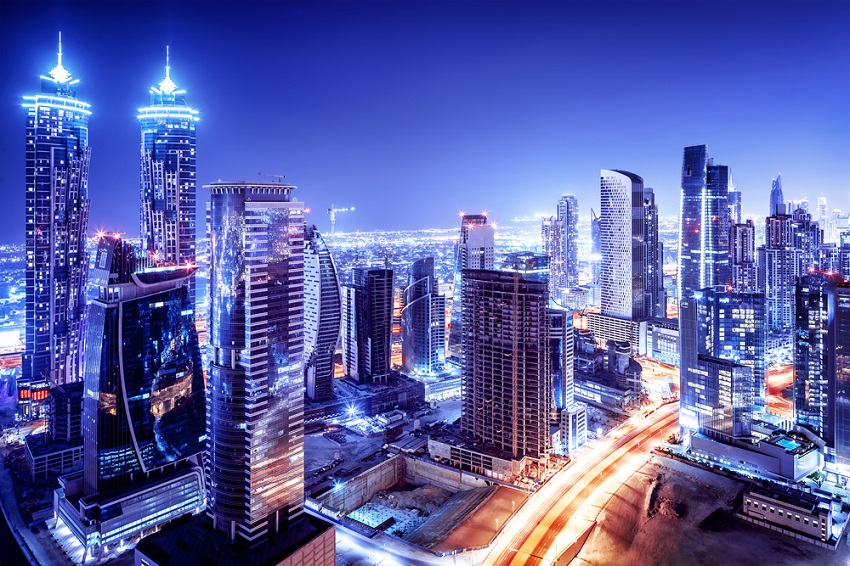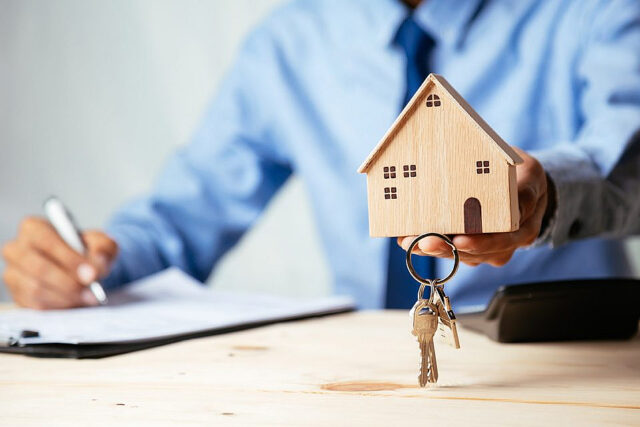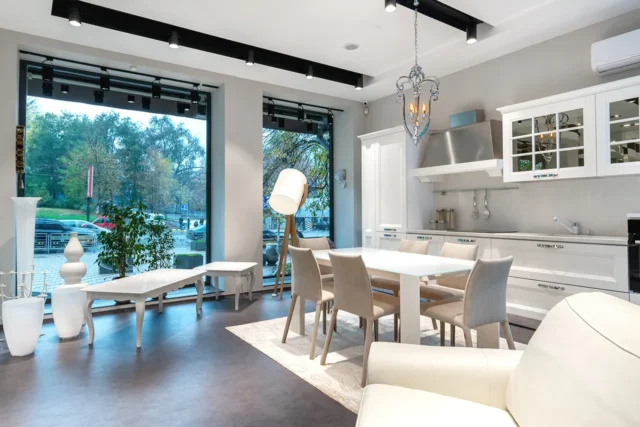
Introduction
Dubai, a city that has consistently defied expectations with its rapid development and architectural marvels, is poised for even greater transformations in the next decade. As the city continues to evolve, so too does its real estate market. This article will delve into the trends and predictions that are shaping the future of real estate in Dubai, providing insights for investors, developers, and prospective homeowners.
Economic Outlook and Its Impact on Real Estate
- Resilient Economic Growth
Dubai’s economy is expected to continue its robust growth trajectory, supported by diversification initiatives that reduce reliance on oil revenues. Sectors such as tourism, finance, technology, and trade are anticipated to drive economic expansion, fostering a stable environment for real estate investments.
- Government Initiatives and Policies
The UAE government’s strategic initiatives, including the Dubai 2040 Urban Master Plan, are designed to enhance the city’s infrastructure, livability, and sustainability. These policies are expected to attract more foreign investment, boost economic activities, and subsequently elevate the real estate market.
Technological Advancements and Smart Cities
- Rise of Smart Technologies
Dubai is at the forefront of technological innovation, integrating smart technologies into its urban planning and real estate developments. The adoption of IoT (Internet of Things), AI (Artificial Intelligence), and big data analytics is set to revolutionize property management, security, and energy efficiency.
- Smart City Initiatives
Initiatives like Smart Dubai aim to make the city one of the smartest and happiest in the world. Real estate developments will feature smart homes with automated systems for lighting, climate control, and security, enhancing the quality of life for residents and increasing the value of properties.
Sustainable Development and Green Buildings
- Emphasis on Sustainability
Sustainability is becoming a cornerstone of Dubai’s real estate sector. Developers are increasingly incorporating eco-friendly designs and sustainable practices to reduce the environmental impact of buildings. This shift is driven by both regulatory frameworks and growing consumer demand for green living spaces.
- Green Building Standards
The implementation of green building standards, such as LEED (Leadership in Energy and Environmental Design) and Estidama, will ensure that new developments meet high environmental performance criteria. These standards promote energy efficiency, water conservation, and the use of sustainable materials.
Changing Demographics and Housing Demand
- Diverse Population Growth
Dubai’s population is projected to grow significantly over the next decade, driven by an influx of expatriates and high-net-worth individuals. This demographic shift will diversify housing demand, necessitating a range of residential options from affordable housing to ultra-luxury properties.
- Demand for Affordable Housing
While luxury developments will continue to thrive, there will be a rising demand for affordable housing to accommodate the growing middle-class population. Developers are likely to focus on creating high-quality, cost-effective residential projects that cater to this segment.
The Impact of Mega-Projects
- Expo 2020 Legacy
The legacy of Expo 2020 will leave a lasting impact on Dubai’s real estate market. The infrastructure developed for the Expo, including residential, commercial, and recreational spaces, will continue to attract investors and residents, driving growth in surrounding areas.
- Upcoming Mega-Projects
Dubai is renowned for its ambitious mega-projects, and the next decade will see the completion of several landmark developments. Projects like Dubai Creek Harbour, Mohammed Bin Rashid City, and Marsa Al Arab will introduce new residential and commercial spaces, enhancing the city’s appeal as a global real estate hub.
Shifts in Commercial Real Estate
- Evolving Workspaces
The future of commercial real estate in Dubai will be shaped by evolving work patterns and technological advancements. The rise of remote working and flexible office spaces will drive demand for co-working spaces and adaptable office environments.
- Mixed-Use Developments
Mixed-use developments that combine residential, commercial, and recreational facilities will become increasingly popular. These integrated communities offer convenience and enhance the urban living experience, making them attractive to both residents and businesses.
Hospitality and Tourism Real Estate
- Growth in Tourism
Dubai’s tourism sector is set to grow, driven by its world-class attractions, events, and strategic location. This growth will spur demand for hospitality real estate, including hotels, resorts, and short-term rental properties.
- Innovative Hospitality Concepts
Innovative hospitality concepts, such as themed resorts and experiential travel accommodations, will cater to the evolving preferences of tourists. These unique offerings will differentiate Dubai’s hospitality market, attracting a diverse range of visitors.
Financial and Legal Innovations
- Real Estate Investment Trusts (REITs)
The introduction and expansion of Real Estate Investment Trusts (REITs) in Dubai will provide new investment opportunities. REITs allow investors to invest in real estate assets without direct ownership, offering liquidity and diversification benefits.
- Enhanced Regulatory Framework
Dubai’s regulatory framework for real estate transactions is expected to evolve, ensuring greater transparency and protection for investors. The Dubai Land Department (DLD) and the Real Estate Regulatory Authority (RERA) will continue to implement policies that foster a secure and efficient market environment.
Predictions for the Next Decade
- Increased Foreign Investment
Dubai’s strategic location, economic stability, and attractive real estate market will continue to draw foreign investors. The government’s initiatives to ease residency and property ownership regulations will further enhance Dubai’s appeal as an investment destination.
- Growth of Secondary Markets
While prime locations like Downtown Dubai and Dubai Marina will remain popular, there will be significant growth in secondary markets. Areas like Dubai South, Al Furjan, and Jumeirah Village Circle will see increased development and investment, providing more options for investors and residents.
- Technological Integration
The integration of advanced technologies will transform every aspect of real estate, from property management to construction. The adoption of blockchain for secure transactions, AI for predictive analytics, and VR for virtual property tours will become standard practices.
- Focus on Wellness and Well-Being
The next decade will see a heightened focus on wellness and well-being in real estate developments. Properties will feature designs and amenities that promote physical and mental health, such as green spaces, fitness centers, and wellness retreats.
Conclusion
The future of real estate in Dubai is bright, with numerous trends and innovations set to shape the market over the next decade. From technological advancements and sustainable developments to changing demographics and mega-projects, Dubai continues to lead the way in creating a dynamic and forward-thinking real estate landscape.
For investors, developers, and residents, staying informed about these trends and predictions is crucial to making strategic decisions. As Dubai evolves, the city’s real estate market will offer a myriad of opportunities for growth, innovation, and exceptional living experiences. Embrace the future of real estate in Dubai and be part of a city that continually redefines the possibilities of urban living.




